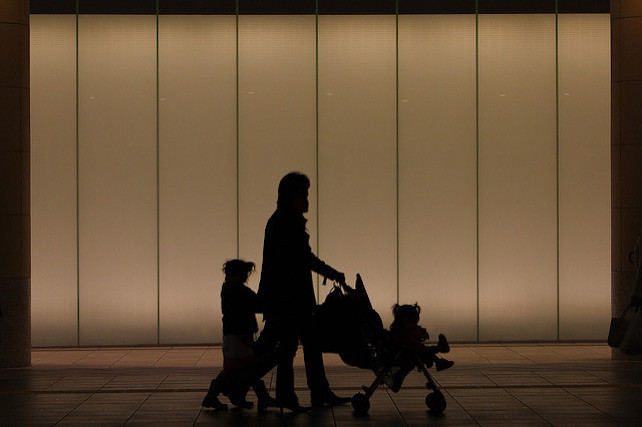The European migration network has published a comparative study of EU member states’ policies on family reunification of third country nationals on 24 July 2017.
The report on Luxembourg’s national practices found that the requirement of finding appropriate accommodation and capacity to provide a stable and regular source of income are two of the main challenges for sponsors.
It also shows that the classic model of family reunification was predominant, i.e. that women usually followed the male worker who had a residence permit.
Sponsors
A sponsor can be either a Luxembourg national, EU citizens who have not used free movement, or third country nationals. The third country national must fulfill these conditions:
-
“hold a residence permit that is valid for at least one year (this requirement is not necessary if the applicant is a highly qualified third-country national, a beneficiary of international protection, an intra-corporate transferee or a researcher);
-
have a perspective to obtain permanent residence;
-
have legally resided in Luxembourg for at least 12 months;
-
provide proof that s/he has stable, regular and sufficient resources;
-
(salary, wages, income from assets) to support him/herself and the family members under his or her care, without having to resort to social welfare;
-
have appropriate accommodation to host the family member(s);
-
have health insurance cover for him/herself and the family member(s) (health insurance certificate covering their stay in Luxembourg issued by a Luxembourg or foreign social security authority and/or by a private insurance company).”
The study notes that, while housing is a general issue in Luxembourg, for sponsors it is especially hard as their application for family reunification depends on finding suitable accommodation:
“Finding appropriate accommodation is particularly difficult for larger family households as well as third-country nationals who have residence permits for a limited duration and/or limited working contracts (which does not enable permanent resources). Furthermore, landlords tend to avoid tenants who benefit from RMG, which can for instance be the case for sponsors benefitting from international protection having applied for family reunification within the 3-month period.”
Finally, third-country nationals who only get the minimum guaranteed income (formerly RMG, now Revis) or any other type of social aid cannot apply for family reunification.
Most sponsors are highly qualified
The statistics show that most applications for family reunification attributed to sponsors are EU blue card holders, highly skilled workers, self-employed, intra-corporate transferees or business owners. Adolfo Sommaribas, a researcher who contributed to the report, said that another big problem for family reunifications was to find a job for the spouse, either because degrees and experience were not recognised or because the spouse was not fluent in the languages of the grand duchy.
Difficulties for refugees
Covering the costs of the procedure for refugees is difficult, especially for beneficiaries of international protection:
“Family members of beneficiaries of international protection in particular face the more procedural challenge of providing proof of identity and family links, which can be difficult due to lacking documentation, differing administrative practices in the country of origin and/or the lack of cooperation of institutions.”
Luxembourg does not have an embassy in every country, and family members need to present themselves at an embassy for their application. The costs of financing the legalisation and translation of documents, visas, the cost of travel to a consular or diplomatic body that issues these documents, and travel to Luxembourg present significant costs to the family members.
